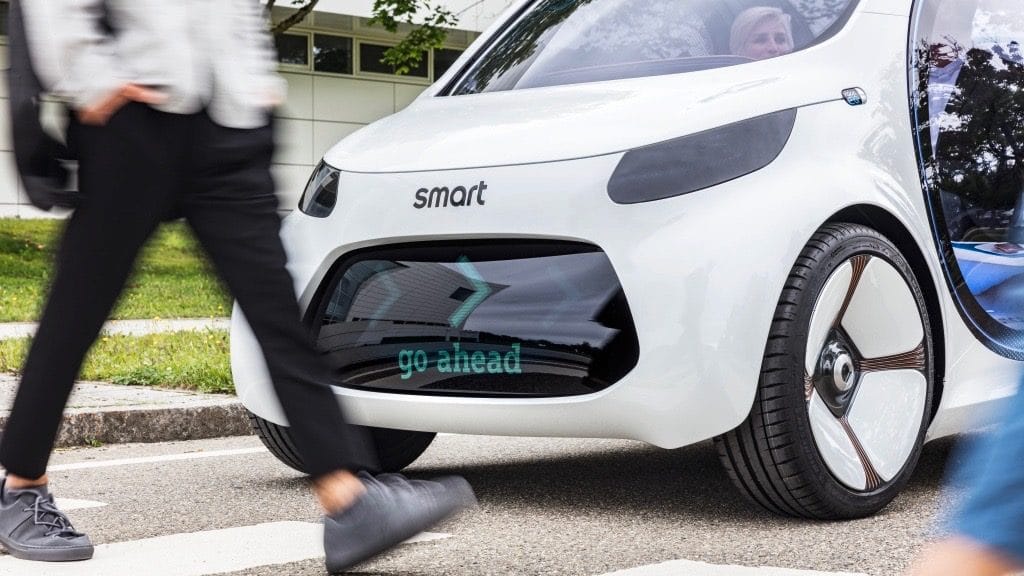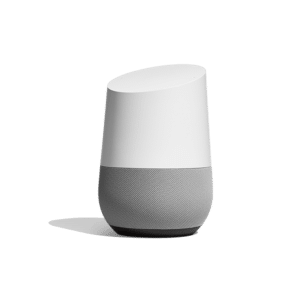For years, companies have been hearing about a time when connected devices go from a visionary fantasy to a marketplace reality. That day is finally here.
While still not ubiquitous, the Internet of Things (IoT) has clearly hit the mainstream. The IoT market is forecast to reach $457 billion by 2020 as consumers widely embrace everything from intelligent cars to connected lighting products.
The shift to smart products and devices will transform marketing in many ways; one of the biggest impacts will be on content, everything from how pieces are distributed to what is consumed.
Marketers should keep these four key things about connected devices in mind when developing content strategies:
Search behavior will continue to shift
Ever since the Siri and Google Assistant were introduced on smartphones, the nature of online search has been changing. Today, searches are increasingly spoken out loud.
More than 20% of voice searches in the Google app are already conducted by voice. As smart speakers, smart remotes, and other connected products proliferate that share is expected to jump. Its forecast that half of all searches will be conducted via voice in 2020.
Why is this important for content creators? Because voice searches are different from typed searches. Research has found that they tend to be longer and incorporate more natural-language elements such as question words. Existing SEO tactics will have to be updated in order for pieces to succeed on search.
New opportunities surface for content consumption
Content consumption is often thought of as being zero-sum. The reality is more nuanced. While emerging technologies can certainly alter current habits (such as reading newspapers), they can also spark fresh behaviors that increase total time spent with content (such as second-screening on a mobile device while watching television).
Connected devices will introduce a host of new content consumption, from small multi-tasking windows to previously unavailable time.
An example of the latter is the ability to connect with consumers in Internet-enabled, self-driving cars. In a paper exploring the future of mobility, Deloitte Consulting posits that smart platforms will soon turn commutes into lengthy periods of engaging with content: “[Platforms will] extend the media experience to the vehicle, seamlessly integrating content libraries, streaming subscriptions, and social networking into each and every ride.”
Content will augment reality
While virtual reality (VR) — the simulation of worlds/experiences — tends to get the most buzz, augmented reality (AR) — the enhancing of real life — has more near-term potential for content creators because the technology is more mature. The AR market is expected to grow from $11.8 billion this year to $60.5 billion by 2023. Companies ranging from IKEA to Google already deliver sophisticated AR experiences via smartphones.
The next evolution of the technology will be expanding AR from phones to other connected devices. This is already being explored in a number of ways, such as the development of smart windshields that can display directions and details about surrounding landscapes.

Uniting AR and the IoT has huge implications for content creators. This combination enables the layering all sorts of information onto real life. With the right mapping and user experiences, content will no longer be siloed; it will be able to be integrated into the world around us.
Contextual targeting will become essential
One of the biggest challenges that content creators will face with connected devices is that consumers’ tolerance for pieces that aren’t relevant will become even lower. People can skim past content on web pages or mobile apps, but that will be much harder to do when looking at smart objects such as shower curtains and helmet visors.
This will make good contextual targeting more important than ever. The right piece of content presented in the right place at the right time will be valued. However, if one of those elements is wrong, consumers will not be very forgiving. To ensure that content delivery is optimized, firms will have to become even more sophisticated in their contextual targeting, data collection and utilization.
Ultimately, the rise of connected devices has the potential to fundamentally transform behavior in the coming years. While adapting to these changes will require creativity and hard work, creators who embrace this revolution will be handsomely rewarded with powerful new opportunities to distribute content and engage audiences.






KannanAthithyan on
Smart
Khaled ibrahimi on
I need this car 🚗 sooo bad
rida on
wow that’s Great !
http://wallsharp.com
Stephne on
Thanks for sharing valuable information. moLotus is a mobile video customer interaction platform that helps organizations to achieve extraordinary success by transforming and automating their customer relationship processes.